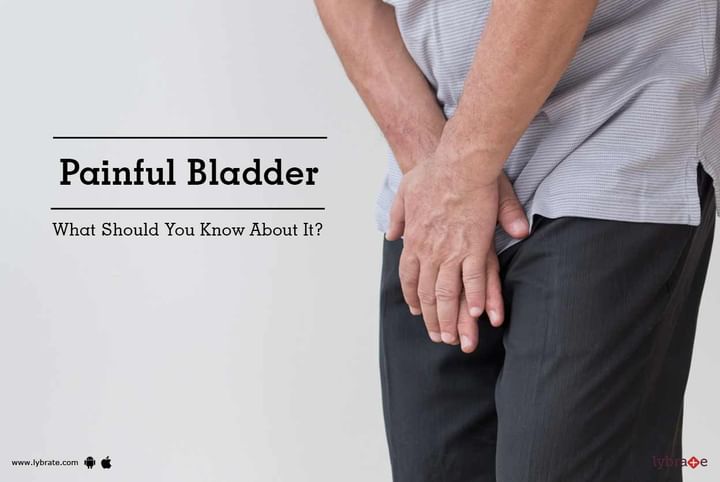Painful Bladder - What Should You Know About It?
The bladder is a muscular sac that is seated just above the pubic bone. The organ stores urine produced by the kidneys allows us the control the frequency of urination by the expansion and contraction of its muscles. Pain in the bladder is usually caused due to one of three reasons:
Interstitial cystitis: This is a chronic condition which affects more women than men. It makes the bladder inflamed and irritated. The bladder walls turn stiff because of this which makes it difficult for the bladder to expand. Interstitial cystitis may be caused by a defect in the lining of the bladder.
Urinary tract infection: Urinary tract infections can affect a person at any age and may develop in the ureter, urethra, bladder or kidneys. However, it is most commonly seen in the bladder. This infection is caused by bacteria that enter the body through the urinary tract.
Bladder cancer: Cancer that develops in the bladder is known as bladder cancer. Transitional cell carcinoma is the most common type of bladder cancer cell. This begins in the innermost layer of the bladder lining. Pain during urination and discomfort in the lower pelvic region are common symptoms of this disease. Once the cause is diagnosed, antibiotic medication can help treat bladder pain. Along with that, there are a few things you could do at home as well.
- Drink plenty of fluids: Ideally, we should drink 8-10 glasses of water a day. Water keeps the body hydrated and helps flush toxins from the body. It also helps dilute the urine. This can make urination less painful as concentrated urine may be acidic and difficult to pass. Water also helps prevent the formation of kidney stones and thus helps the kidneys function optimally.
- Urinate frequently: Do not try to control your urine. Holding urine in for extended periods of time allows bacteria to multiply within the body. It is also important to urinate after intercourse as sexual activities can push the bacteria present on the skin deeper into your body. This is important for both men and women.
- Dress comfortably: Avoid synthetic, tight fitting underwear and clothes. Instead wear, loose, comfortable clothes that are preferably made out of cotton. These clothes will help keep your skin dry and not allow bacteria to breed.
- Pain relievers and heating pads: Sometimes, antibiotics can take a day or two before addressing bladder pain. In such cases, pain relievers can help deal with the discomfort and cramps. Heating pads can also help soothe abdominal and lower back pain that results from bladder infections.
In case you have a concern or query you can always consult an expert & get answers to your questions!



+1.svg)
